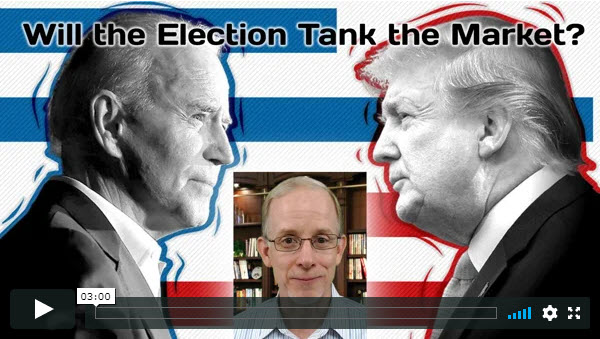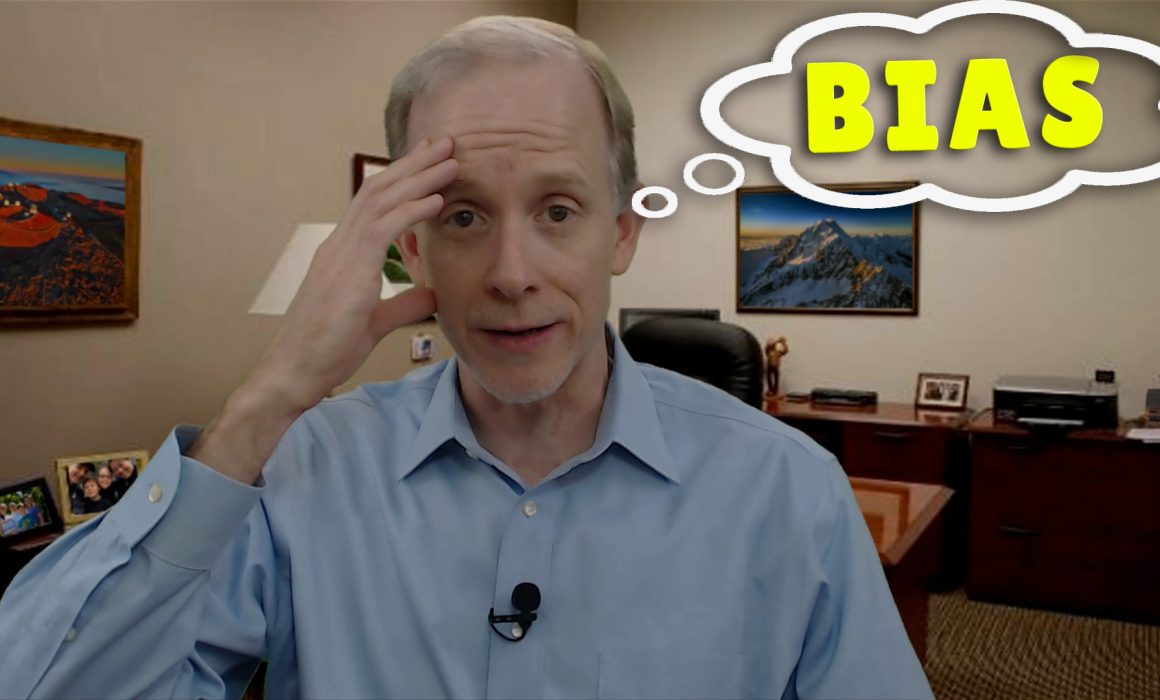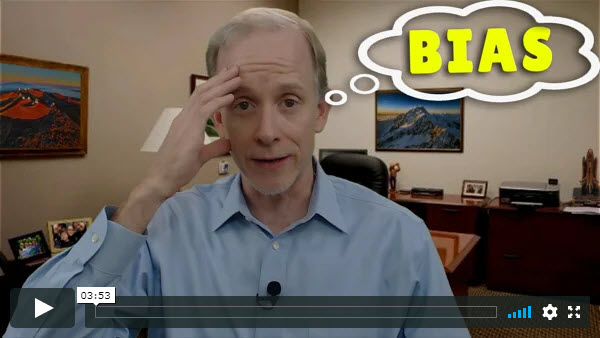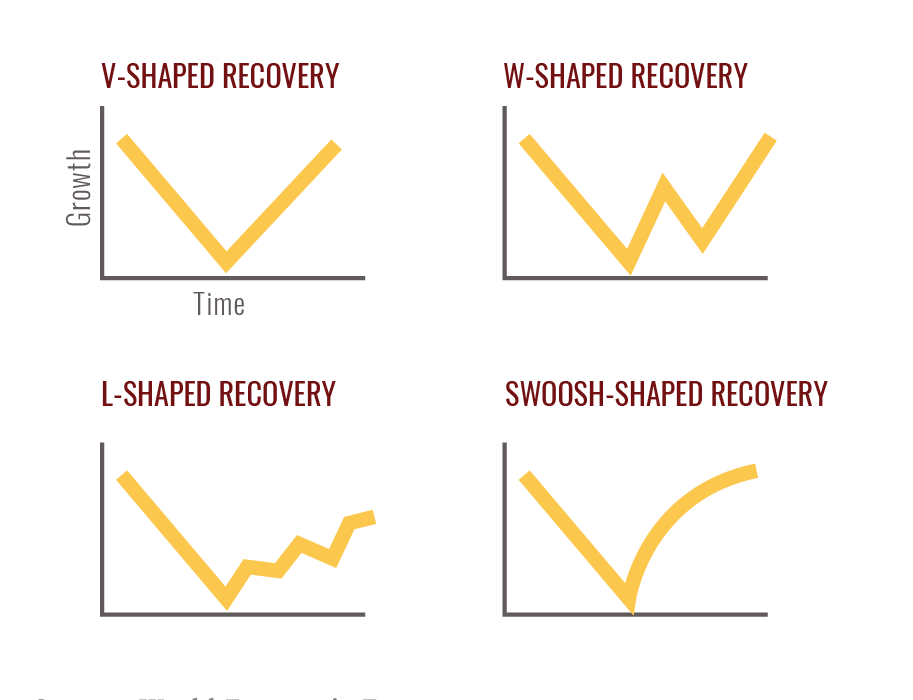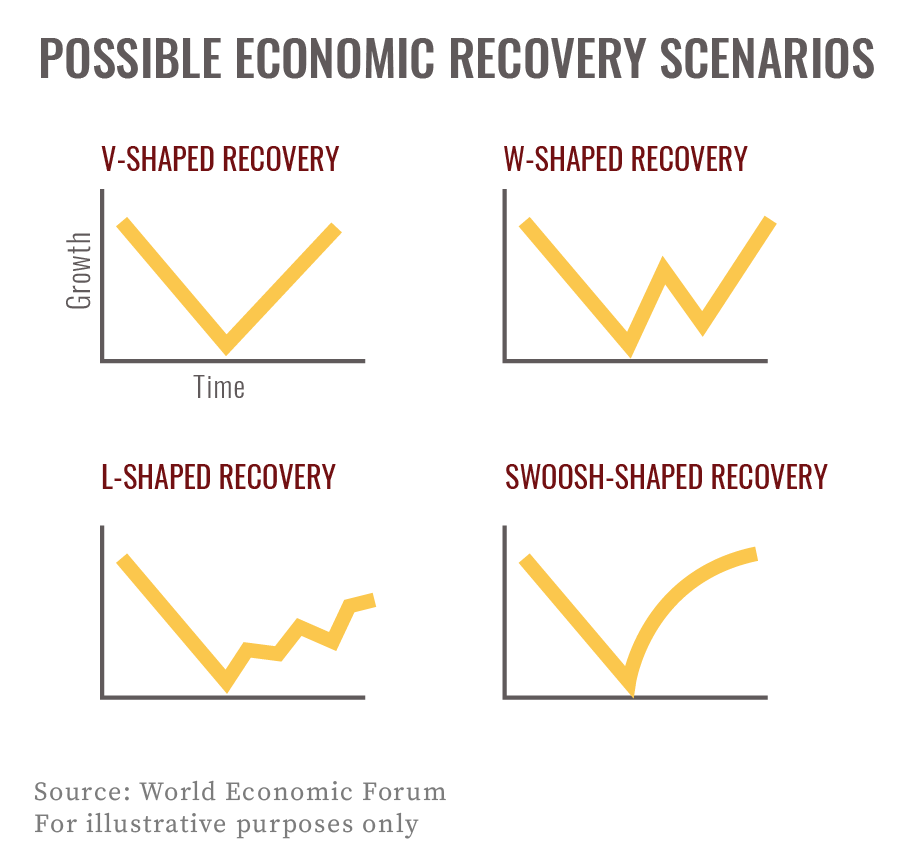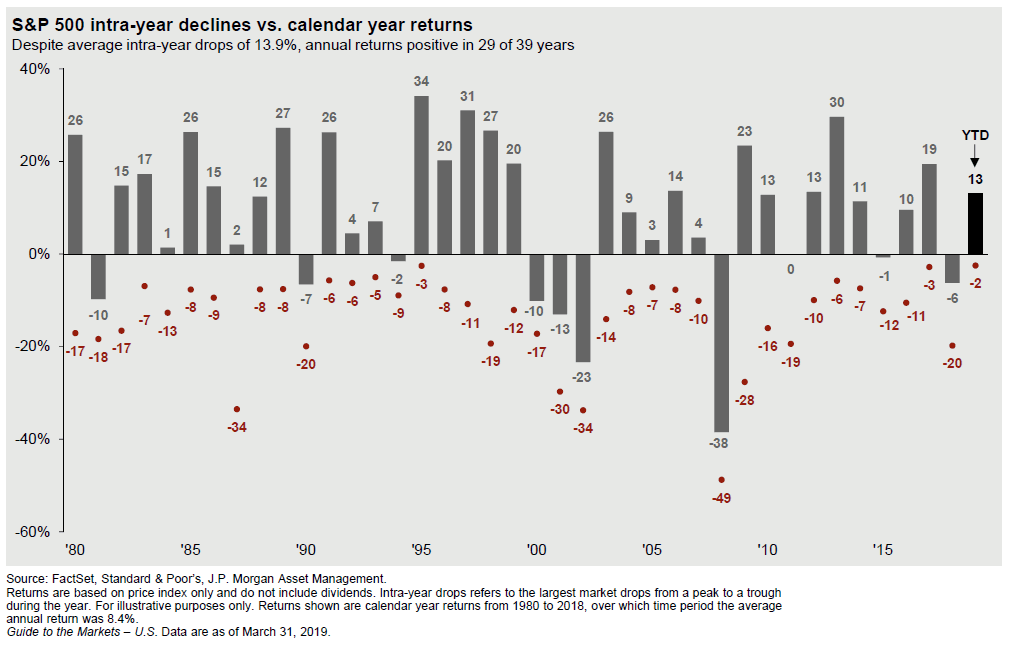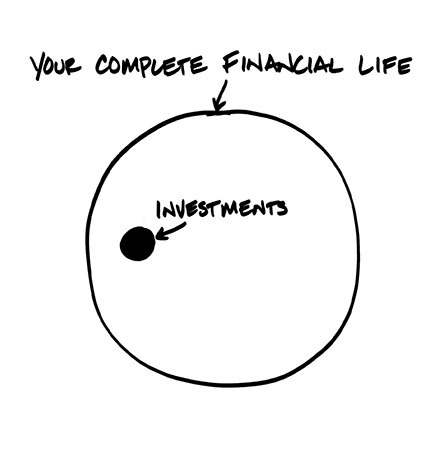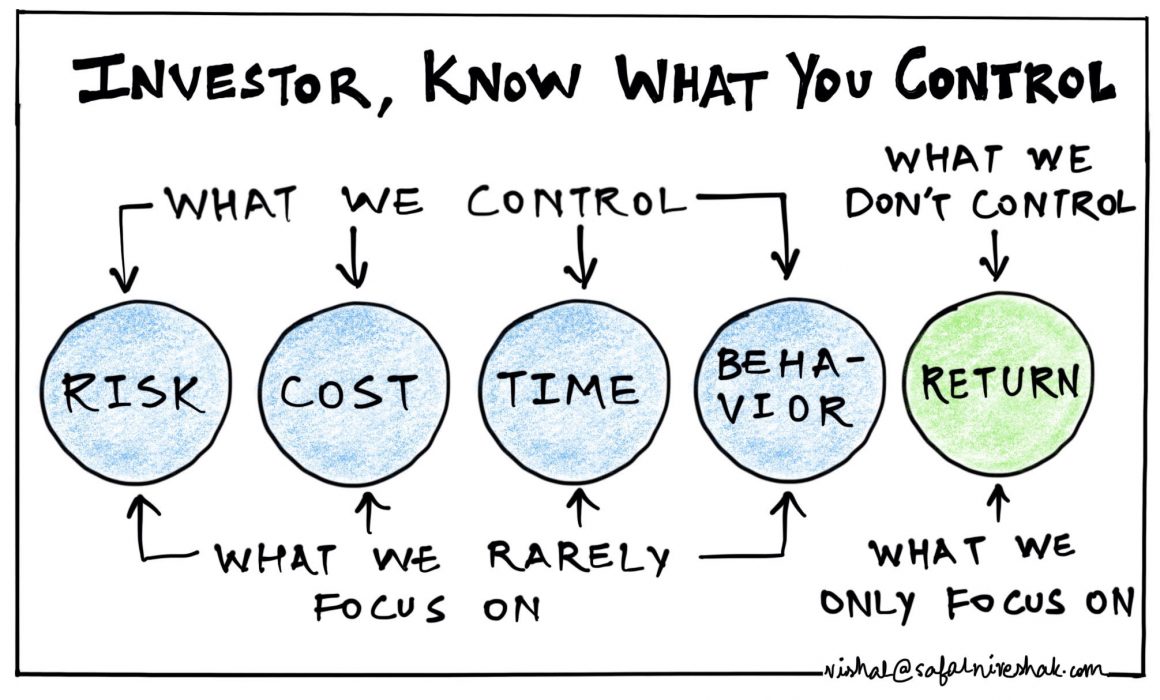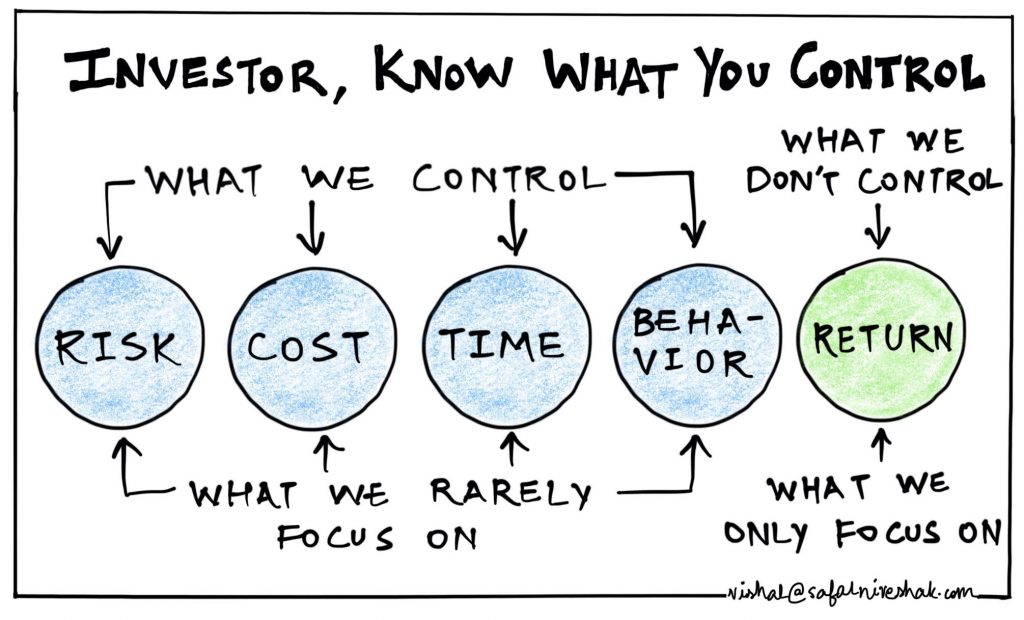Frothy? Bubbles?

We’re not writing about cappuccinos, champagne, or bubble bath.
We’re talking stocks.
You may have noticed that the shortest bear market in history is over, and markets recently hit new record highs.
Will stocks keep going higher? Will they stay volatile?
Is another bear market around the corner?
Maybe. Maybe not.
As is pretty common in these situations, market strategists are split.
Some see a new bull market that reflects a recovering economy.1
Others see troubling signs of a bubble that could burst.2
What could push stocks higher?
- A market-ready COVID-19 vaccine or major treatment breakthrough that reignites optimism.
- More government stimulus that supports consumers and businesses.
- Good economic numbers that suggest we’re on the other side of the recession and the recovery continues.
What warning signs are flashing?
- A rally mostly powered by tech mega stocks that isn’t reflected in the broader market.
- Uncertainty around a November election that’s already contentious.
- A possible “Minsky moment” market collapse fueled by the Fed’s easy money policy and unsustainable stock prices.3
- Predictions of a second wave of infection that could provoke more shutdowns.
Bottom line, we can’t predict what comes next in the market and that’s okay. Why? Because it’s all short-term “noise.” History shows that all stock market declines are temporary interruptions in a perennial uptrend.
Since we no one can predict the future and no one can time the market, we’re focused on helping our clients stay fully invested which is the only sure way to capture the entirety of the market’s permanent advance. Those powerful portfolio returns over the long term are the reward for staying calm.
2020 has been the strangest year of our lives (probably yours, too), and it’s foolish to try to time markets right now — or any time for that matter. If you’re thinking about big moves or feeling anxious about what comes next, please reach out. We’ll talk through your ideas or concerns.
1https://www.cnbc.com/2020/09/08/goldman-sachs-10-reasons-the-bull-market-has-further-to-run.html


